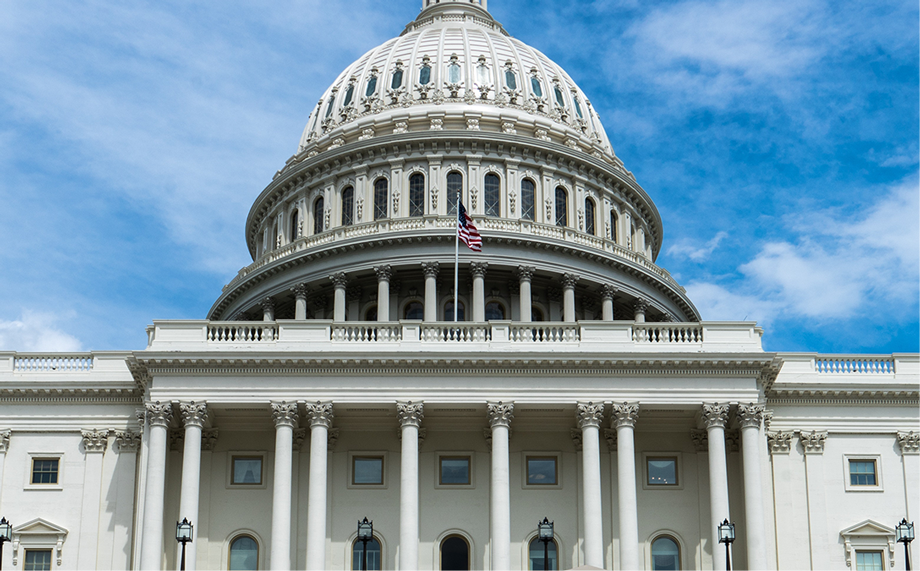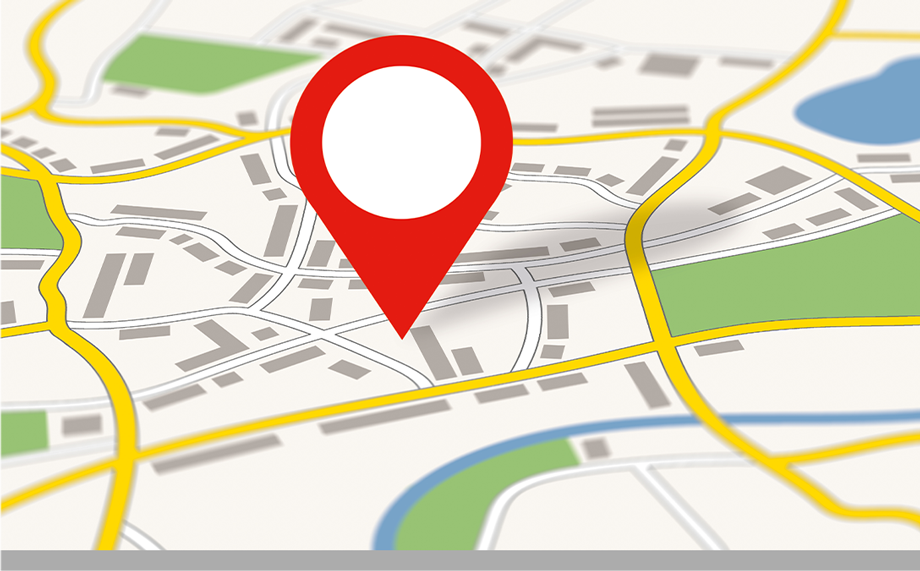Welcome to the Alaska State Profile Page! This page features a sample of survey and research results from a comprehensive review of state and local home modification activities across the country. It has a special focus on the aging population and the efforts of the aging network (State Units on Aging, Area Agencies on Aging, and Native American aging service programs that are funded by the Older Americans Act Title VI) as well as other governmental agencies and programs.
STATE PROFILE: Alaska

ALASKA
A State Profile of Home Modification Activities
SPOTLIGHT ON STATE LEVEL HOME MODIFICATION ACTIVITIES
This section shares information that demonstrates the need for home modification in this state and highlights some of the state’s important home modification efforts, policies, and funding sources.
SPOTLIGHT ON LOCAL HOME MODIFICATION EFFORTS
How are agencies across the country responding to their communities’ home modification needs? Read about stand-out home modification efforts of the aging network as well as local agencies in this state.
Check back as new updates will be posted periodically! Have any changes or additions? Please contact [email protected]
SPOTLIGHT ON STATE LEVEL HOME MODIFICATION ACTIVITIES
Home Modification and Repairs for Older Adults: Challenges and Opportunities for State Units on Aging: This report by the USC Fall Prevention Center of Excellence and ADvancing States reports on a national survey
State Units on Aging (SUAs) are designated state-level agencies that develop and administer state plans that advocate for and provide assistance, including home modifications or repairs, to older residents, their families, and adults with physical disabilities. SUAs administer funds, including Older Americans Act funds, which may be used to support home modification or repair services through local Area Agencies on Aging and other state and local entities. Program(s) with home modification or repairs include:
1. Environmental Modification (E-Mod) Home Accessibility Program
Program Description: This program is designed to assist Alaska Medicaid Waiver beneficiaries with modifications to the home to maintain independence. Modifications have a cost cap of $18,500 that is renewable every 3 years. The State Unit on Aging, Division of Senior and Disabilities Services approves all project estimates submitted by the recipient’s care coordinator.
Population Served: Medicaid-eligible Alaska citizens.
2. Home and Community-Based Medicaid Waivers
Program Description: Alaska’s Home and Community-Based Waivers provide support to individuals with physical or developmental disabilities so that they may live in their homes or communities. Four waivers include environmental modifications: Alaskans Living Independently; Adults with Physical and Developmental Disabilities; Intellectual and Developmental Disabilities; and Children with Complex Medical Conditions.
Population Served: Medicaid-eligible individuals who meet an institutional level of care. For more information, visit: http://dhss.alaska.gov/dsds/Documents/pdfs/SDS_MedWaiverBrochure.pdf
ALASKA COMMUNITY DEVELOPMENT CORPORATION
1. Housing Accessibility Improvement Program (HAIP) Grant Program
Program Description: The HAIP Grant is funded through the State of Alaska Department of Health and Social Services in cooperation with the Alaska Mental Health Trust Authority. The grants fund accessibility improvements to existing homes to address functional limitations for residents with disabilities. Intake closed 12/19 and may reopen in 2021.
Population Served: Residents with disabilities of any age who also fall into one of the following categories: 1) Alzheimer’s Disease and related dementia conditions; 2) brain injury; 3) chronic alcoholism; 4) intellectual/developmental disability; 5) mental illness; or 6) other individuals with disabilities and/or special needs (including frail elderly).
2. Seniors Housing Accessibility Modification Program
Program Description: This Program provides grants for modifications to improve accessibility for Alaskans age 55 years or older. Grants may be up to $15,000 for eligible senior households in owner-occupied homes, up to $10,000 for eligible older tenants in rental housing, or up to $7,000 for eligible tenants living in small (5 beds or less) state-licensed assisted living facilities. Modifications cannot exceed $14,000 per assisted living facility.
Population Served: Low-income older adults over the age of 55.
NEIGHBORWORKS – ALASKA
Home Modification and Accessibility Grant Program
Program Description: The Home Modification and Accessibility Grant is available to assist Alaskans with disabilities or who are Mental Health Trust beneficiaries. The grant provides funds for home modifications that support a safer home environment. There are no age or income restrictions to apply for this grant. Owner-occupied single family homes are eligible for up to $15,000 and renters are eligible for up to $12,000 in grant funding.
Population Served: Persons with disabilities and Mental Health Trust beneficiaries in Alaska.
STATEWIDE INDEPENDENT LIVING COUNCIL OF ALASKA
Home Accessibility & Enabling Technology Pilot Project
Program Description: This pilot project funded by the Alaska Mental Health Trust and the Mat-Su Health Foundation is examining how home accessibility modifications and enabling technologies may impact participants’ lives by: 1) increasing independence and self-esteem; 2) improving satisfaction and quality of life; 3) becoming more active and integrated in the community; 4) improving health and/or safety; and 5) helping to achieve personal goals.
Population Served: Some eligibility criteria include: Individuals 18 years or older who are enrolled in a Medicaid Waiver program and reside in a home owned or rented by themselves, a family member, or friend.
ALASKA STATE ASSISTIVE TECHNOLOGY PROGRAM
Assistive Technology of Alaska (ATLA)
The State Assistive Technology Grant Program, funded under the Assistive Technology Act of 2004, supports comprehensive, statewide programs in each state that improve the provision of assistive technology (often home modification-related) to individuals with disabilities of all ages.
ALASKA STATE FALL PREVENTION COALITION
Alaska Commission on Aging
For an up to date list of all state fall prevention coalitions, visit: https://www.ncoa.org/resources/list-of-state-falls-prevention-coalitions/
SPOTLIGHT ON LOCAL HOME MODIFICATION EFFORTS
1. To locate the Area Agency on Aging in your state, please contact Eldercare Locator at https://eldercare.acl.gov/Public/Index.aspx
2. Data Brief: Building Community Capacity to Serve Older Adults: The Role of Area Agencies on Aging in Home Modifications and Repairs
This Data Brief highlights key findings from the 2019 National Survey of Area Agencies on Aging on how Area Agencies on Aging are providing and funding home modification and repair activities. It was developed by the USC Fall Prevention Center of Excellence in partnership with the National Association of Area Agencies on Aging as part of the Administration for Community Living project, “Promoting Aging in Place by Enhancing Access to Home Modifications.”
3. Featured Efforts:
Home Modifications for Aging in Place (HomeMAP)
Southeast Alaska Independent Living (SAIL)
Juneau, Alaska
Southeast Alaska Independent Living (SAIL) offers the Home Modifications for Aging in Place (HomeMAP) Program. An assessment is conducted with the resident to evaluate their home environment. A written report of recommendations is generated to share with a contractor or other provider. A small fee is charged based on the client’s ability to pay.
This page is brought to you by the project, “Promoting Aging in Place by Enhancing Access to Home Modifications,” supported, in part, by grant number 90PPHM0001 from the U.S. Administration for Community Living, Department of Health and Human Services, Washington, D.C. 20201. Grantees undertaking projects with government sponsorship are encouraged to express freely their findings and conclusions. Points of view or opinions do not, therefore, necessarily represent official ACL policy.


